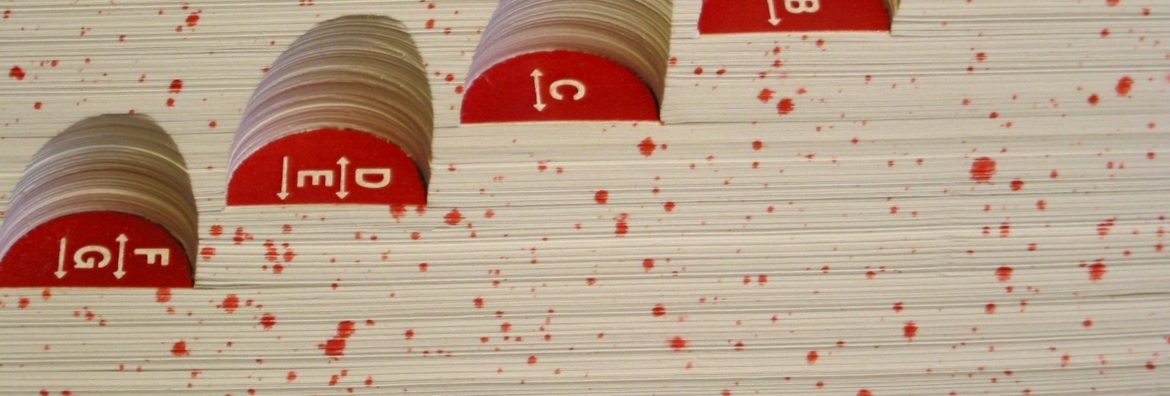Every writer has to have to have one, right?
My favorite word in the English language is esoteric. Enlighten us, Webster:
es•o•ter•ic (esəˈterik): designed for or understood by the specially initiated alone
requiring or exhibiting knowledge that is restricted to a small group; limited to a small circle
I first read this word (or at least wondered what it meant) on a trip down the YouTube rabbit hole several years ago. For some reason, I ended up looking at covers of “Semi-Charmed Life” by Third Eye Blind, a 90s classic and karaoke favorite of mine.
I stumbled across a clip of a group of friends in a darkened living room all standing in a huddle, jumping, singing, and completely losing themselves in the song. For whatever reason, I was moved enough to leave a comment, probably just something along the lines of “that looked like a ton of fun”.
The video’s uploader replied a few days later saying, “Thanks- it was a very esoteric moment for all of us :)”
I don’t know if the video was documenting a group of friends after high school graduation, a college spring break trip, or a home-for-the-holidays reunion, but after looking up “esoteric” it was clear this was the perfect word to describe their moment.
The clip has since been taken down, but the video and the word have stuck with me. As I write more and more, I have realized that it has always been my goal (whether conscious or not) to write things that have a kind of esoteric appeal. Things that people in my generation will relate with, things they possibly thought only they experienced.
Despite how much research I do, I will never be able to fully describe what it was like to live through American prohibition, San Francisco in the 60s, or the London punk scene in the 1970s as well someone who was there.
However, I can describe in great detail what it was like to grow up with the internet, the energy of a mid-2000s underground pop punk show, and the enjoyment of a night drive with your best friends through a sea of developing suburbs.
While some of those may (currently) not be the most glamorized tropes in pop culture, when they are described correctly, they are no less meaningful to those who were there. And if written well enough, they can become almost as meaningful to someone who wasn’t.
Inside jokes, the funny memories and one-liners that will forever be tied to a particular friend, the songs that are anchored to a specific time in your life. . .all esoteric experiences, unique to the select few who were around. To me, the best art bridges this esotericism and makes the reader feel like they were there in that moment, even when they weren’t.
Ever try enthusiastically describing a special moment to someone not involved, only to find that they aren’t even remotely as amused or interested as you are? What do you say to save face?
“You just had to be there.”
What is your favorite word, and why?

